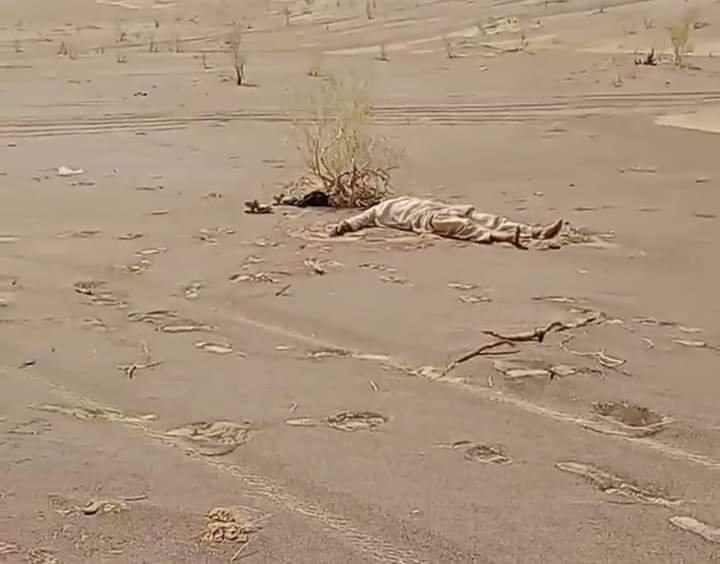Pakistan’s democracy is apparently back on track. A new federal cabinet has been sworn in including individuals like Shahzain Bugti.
We have been reassured by the new prime minister that ‘development’ projects like Bhasha Dam and multiple power plants – most of which are funded through CPEC – are going to be fast-tracked for our collective benefit.
But what does it mean to talk about democracy in the face of what remains a barely disguised colonial relationship between metropolitan Pakistan and Balochistan? Has anything changed for the Baloch people since the demise of the PTI and the return of ‘purana Pakistan’? Have all missing persons returned? Are Gwadar’s fisherfolk secure? Is there even a pretense that elected civilians run the affairs of Balochistan?
The brutal events in Chagai make clear that Balochistan remains subject to Khaki Raj. Indiscriminate firing on peaceful protestors by state security personnel followed only a few days after bodies of working class drivers who struggle to earn a livelihood through border trade were found scattered across the desert.
This is the same Chagai where nuclear tests were carried out in 1998 – by a government run by the same Sharif brothers that are now supposed to restore our faith in democracy. This is the same Chagai where unparalleled mineral wealth is being extracted from the Reko Diq and Saindak mines by the nexus of local profiteers, the establishment and multinational corporations.
How can there be democracy alongside colonial statecraft? Only when our political, cultural and economic structures are seen and experienced as democratic from the perspective of Chagai’s people can we expect to transcend the politics of hate. Baloch youth will continue to mistrust the mainstream – and Punjabis in particular – unless we all come together to not only demand justice for those in Chagai who have most recently suffered the wrath of state repression, but substantive decolonization of Balochistan, once and for all.

The High Asia Herald is a member of High Asia Media Group — a window to High Asia and Central Asia

